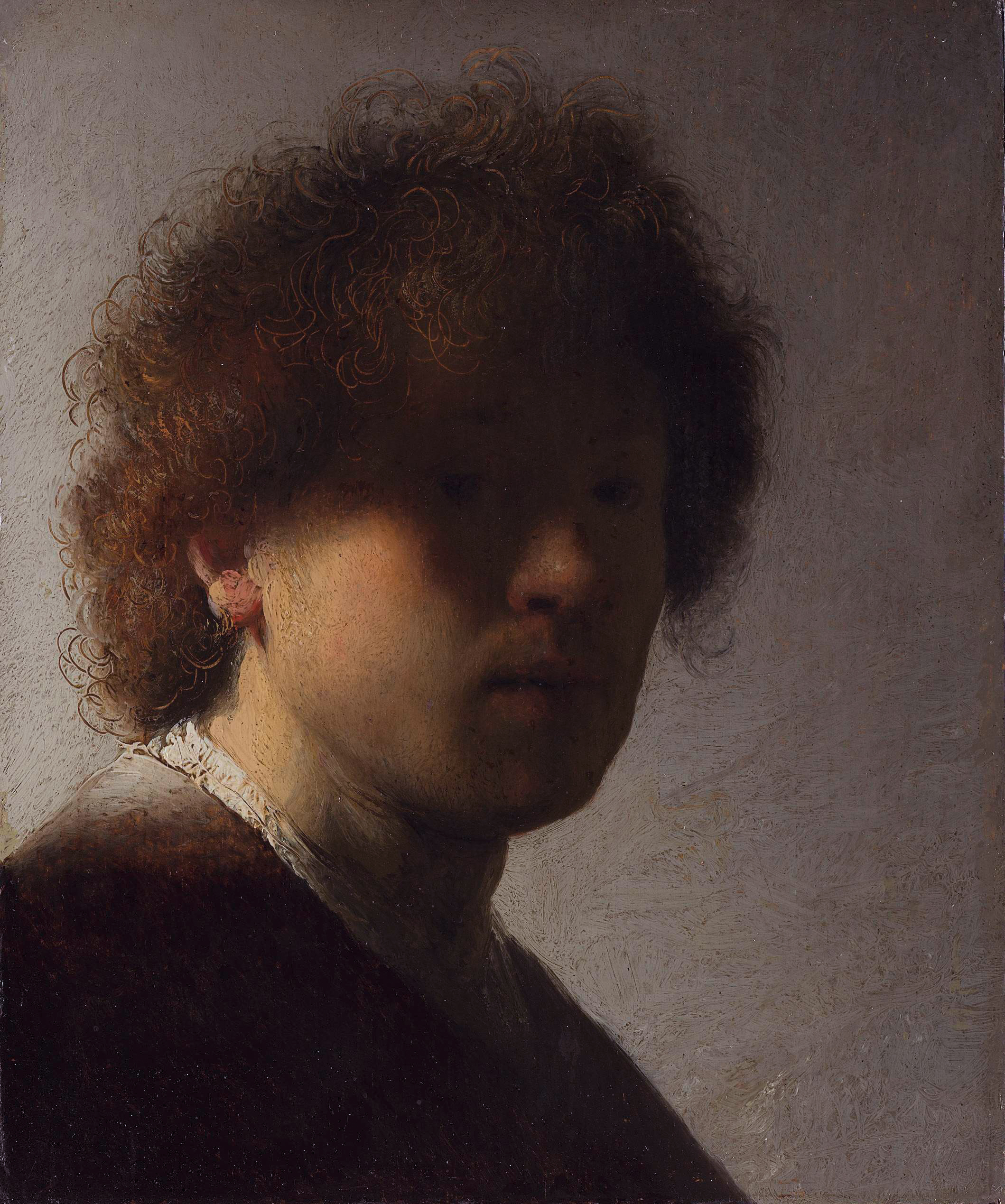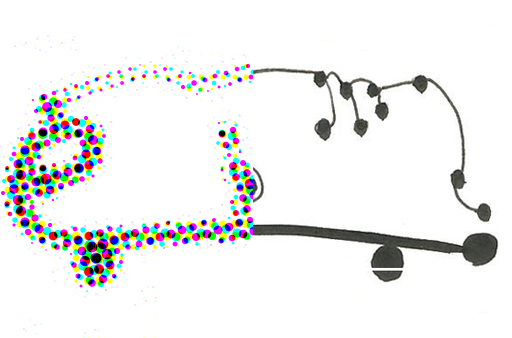The Meaning of Life
Rembrandt painted many images of himself from when he was a young man until shortly before his death in his sixties. I find these some of the strangest images of a person recording himself. I wonder what it was like for him as an old man looking at how he had noticed himself in his twenties? It feels as if he discovered an answer to: what is the meaning of life?

Rembrandt Harmensz. van Rijn – Self-Portrait With Dishevelled Hair, 1628
He realised that it’s an answer, not a question. It’s an answer to another question: what’s the effect of life? The effect of life, an effect of life, is to drive us to look for meaning. A lot of the time this is a terrible distraction from the over-arching, and ever-dawning realisation, as life goes on, that we can know nothing at all for certain.
Life might be better served by paying attention and gathering what’s happening than breaking away to dream up explanations. Conclusions. I don’t see anything final in Rembrandt’s self portraits. There is a looking on, perhaps a looking after, in the sense of some kind of care, and there is a deep sense of presence. These are not surface pictures, even though they concentrate so profoundly on his appearance; nor do they only go deep. These are pictures from the outside and from the inside at the same time, which might also go on to suggest something to us about what life means.


